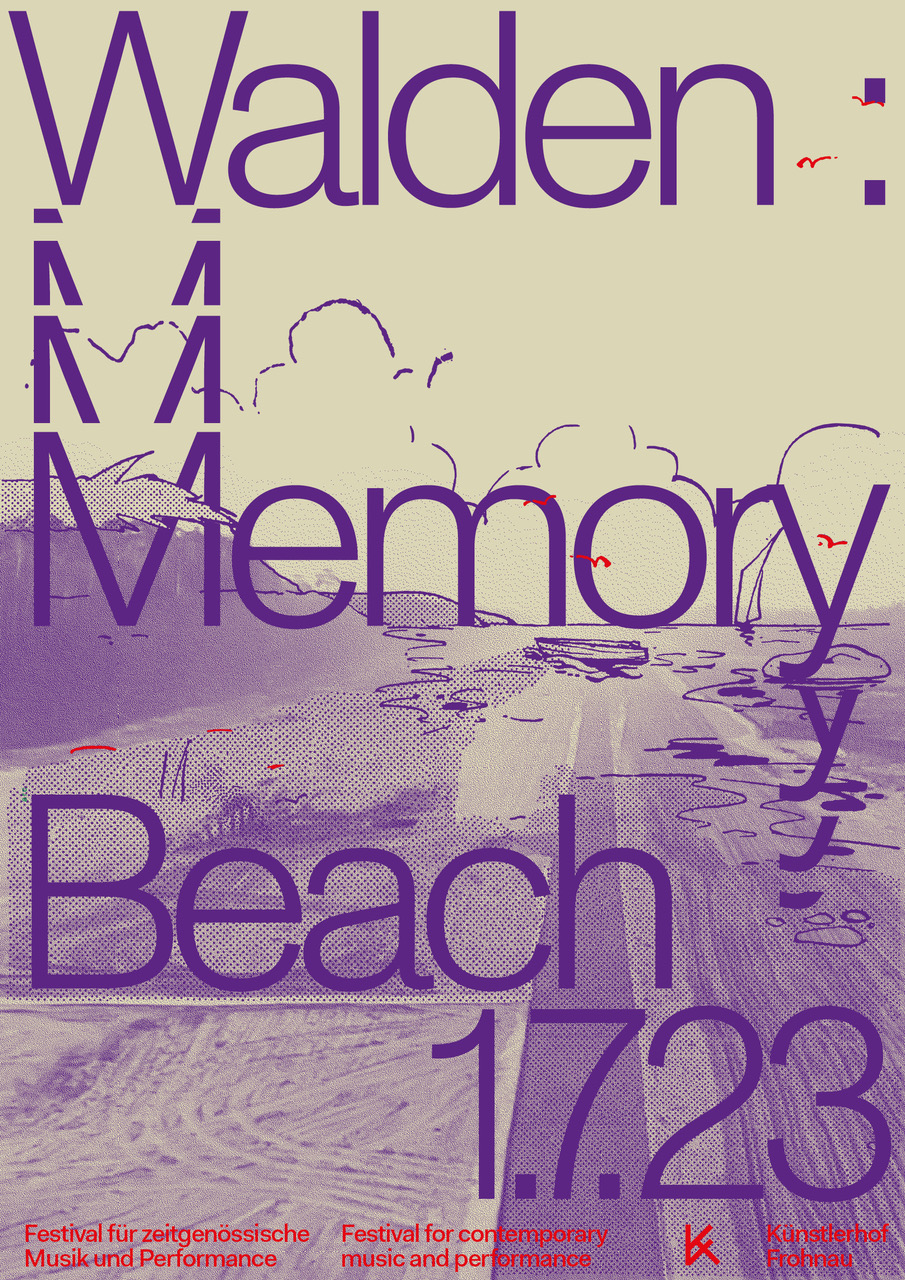Festival for Contemporary Music and Performance
Saturday, 1st of July, at Künstlerhof Frohnau and the former border area behind it, 2-11pm
Free entrance, open air.
S-Bhf. Frohnau > Bus 125 towards Invalidensiedlung, get off at Hubertusweg.
With performances by:
2_personal_things (Park Minyoung & Kim Jinhyuk)
Ashkan Sepahvand
discourse / Katayoun Arian
DJ Edna Martinez
DJ Letkidbe
Hooops / Astarte Posch
Jung Sun Kim, Matthias Erian, Ji Sun Hagen & Soomin Chae
Muriel Razavi & Raha Nejad
Nicholas Bussmann & Cottbusser Chor
Posaunenchor Hohen Neuendorf
Ray Kaczynski, Bardo Henning, Martin Heinze & Ingo Reulecke
SHIN Hyo Jin & Otto Oscar Hernandez Ruiz
Sophie Hilbert
And installations and guided tours by:
Laure Gilquin, Katja Hock, Nicola Jungsberger
In the northernmost tip of Berlin, a bright scar stretches across the ground. It is a strip of sand dividing the Frohnau forest, about 100m wide and 2km long. This sand scar, situated on the border of Berlin and Brandenburg, has its own history, like every scar. It used to be the “death strip,” a no man’s land; and only occasional passersby, dog owners, joggers, and mushroom hunters meet here, as well as young people who play beach volleyball on the sand during the summer or those who organized illegal parties here during lockdown.
This scar is emblematic for the entire area. For over a century, this forest has been a sanctuary for the city’s injured, sick, and outcasts. The adjacent Künstlerhof Frohnau was initially built as a military hospital, later used as a mental hospital and refugee home. The neighboring Invalidensiedlung was constructed in the 1920s to house war-disabled veterans from World War I. On the other side of the forest, the Donnersmark Foundation has been caring for people with disabilities since the 1950s. Throughout the forest, scattered memorials pay tribute to those who attempted to cross the German-German border here and tragically lost their lives.
This place is filled with forgotten ghosts. When their stories are no longer told and lose their connection to our everyday lives, they are pushed out of our minds by newer layers of information. Consequently, we fail to learn from their experiences and lose our connection to them. Therefore, we need to join the present forest spirits with others from different places, rituals, and stories, expanding our awareness of each other. In the context of “Walden,” this scarred and forgotten strip of land will transform into a space of experience and encounter for residents, participants, and visitors for a day. It will serve as a stage for a series of performances and conversations that explore the histories and potential presents of this scarred place through various narratives, tours, and enactments. These activities revolve around the question: How can an awareness of the wounded space we share be translated into a sense of community that includes all of us, with our individual vulnerabilities and experiences?
A group of artists has been invited to contribute through performative and discursive means. Participatory performances will alternate with intensive conversations, guided walks will accompany experimental sounds in the forest. These activities will be complemented by a poetic, performative guided tour that connects these separate elements.
♿ Walden: Memory Beach is partly wheelchair accessible (stage at Künstlerhof Frohnau).
Walden: Memory Beach is supported by Berliner Projektfonds Urbane Praxis.
Curatorial Team: Kaya Behkalam, Katja Hock, Otto Oscar Hernandez Ruiz, SHIN Hyo Jin
Production: Kaya Behkalam, Nina Bloss, Stefan Deckner
Sound: Moritz Colitti, Ray Kaczynski


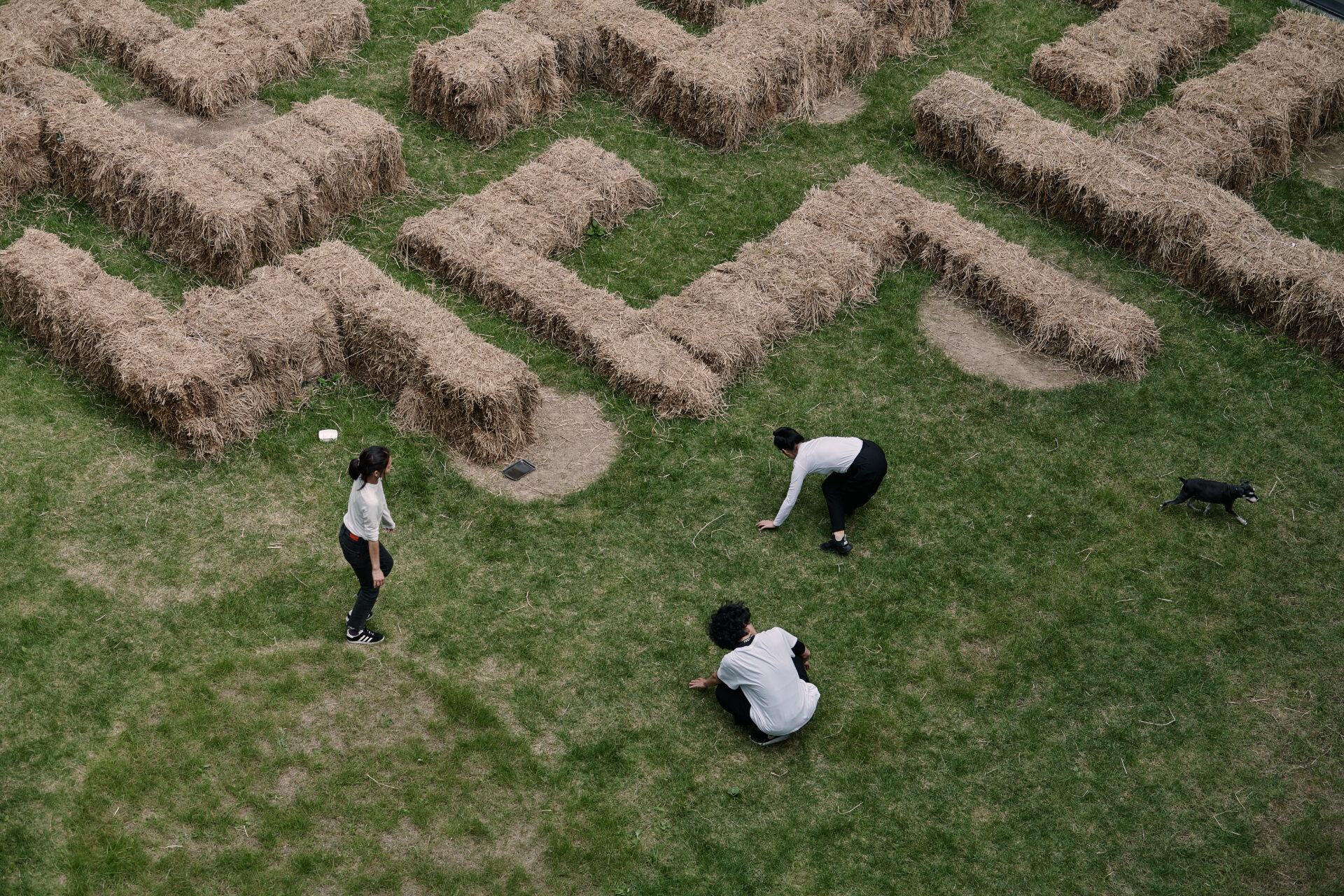 Jung Sun Kim, Matthias Erian, Ji Sun Hagen & Soomin Chae, Photo: Swan Park
Jung Sun Kim, Matthias Erian, Ji Sun Hagen & Soomin Chae, Photo: Swan Park 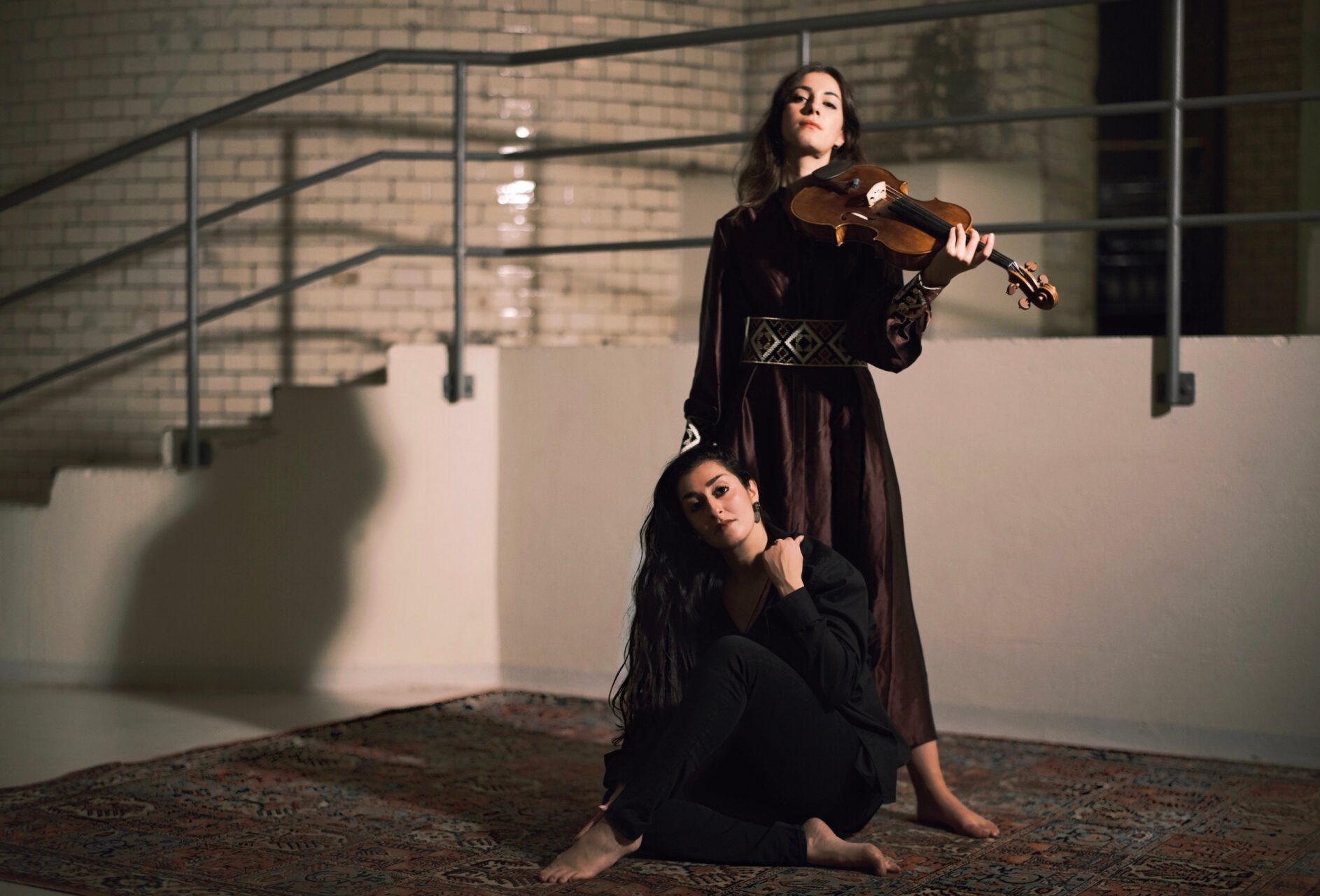 Muriel Razavi & Raha Nejad
Muriel Razavi & Raha Nejad 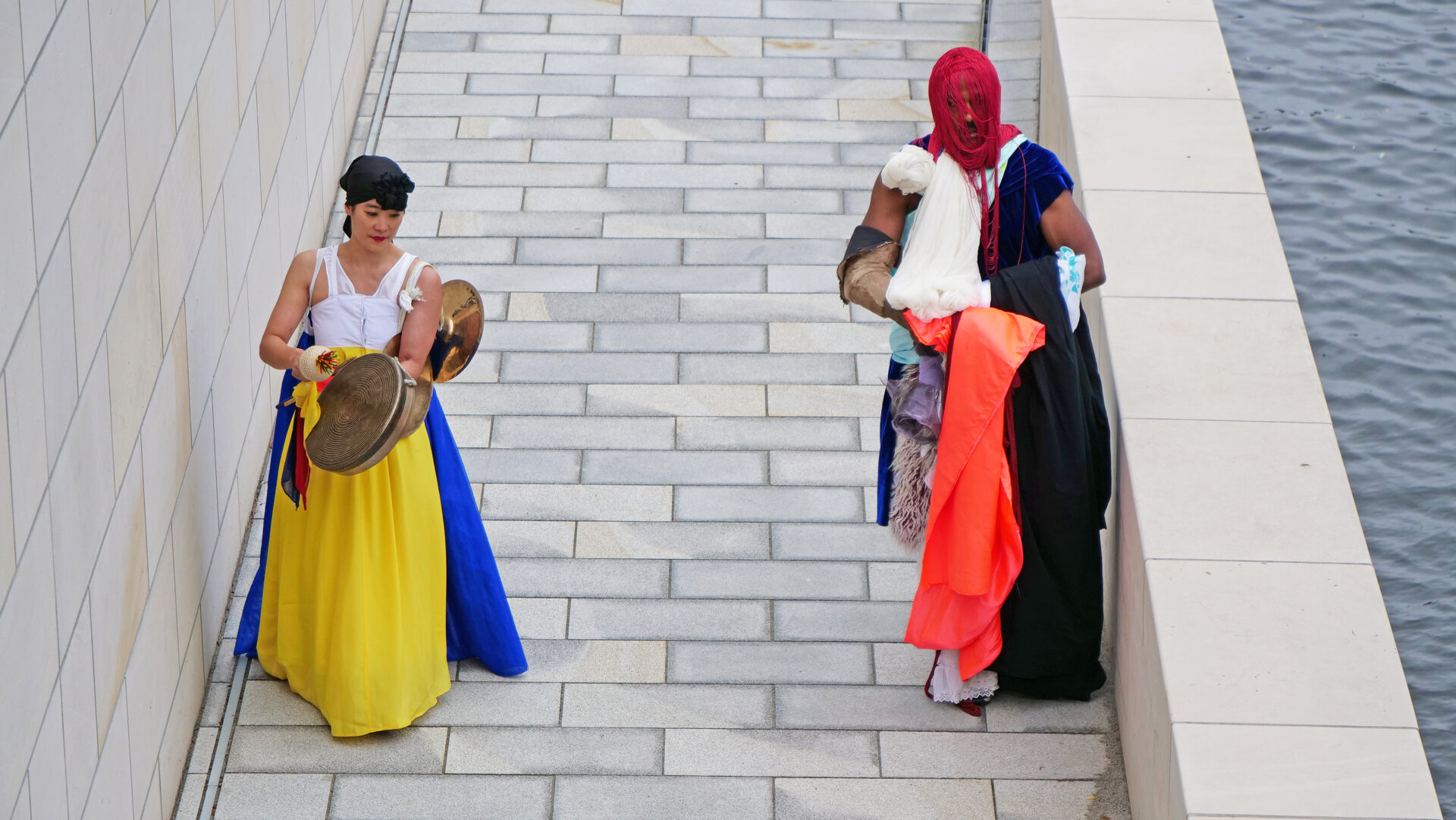
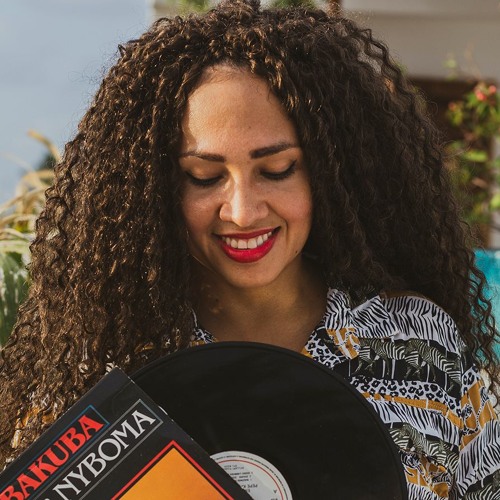 DJ Edna Martinez
DJ Edna Martinez 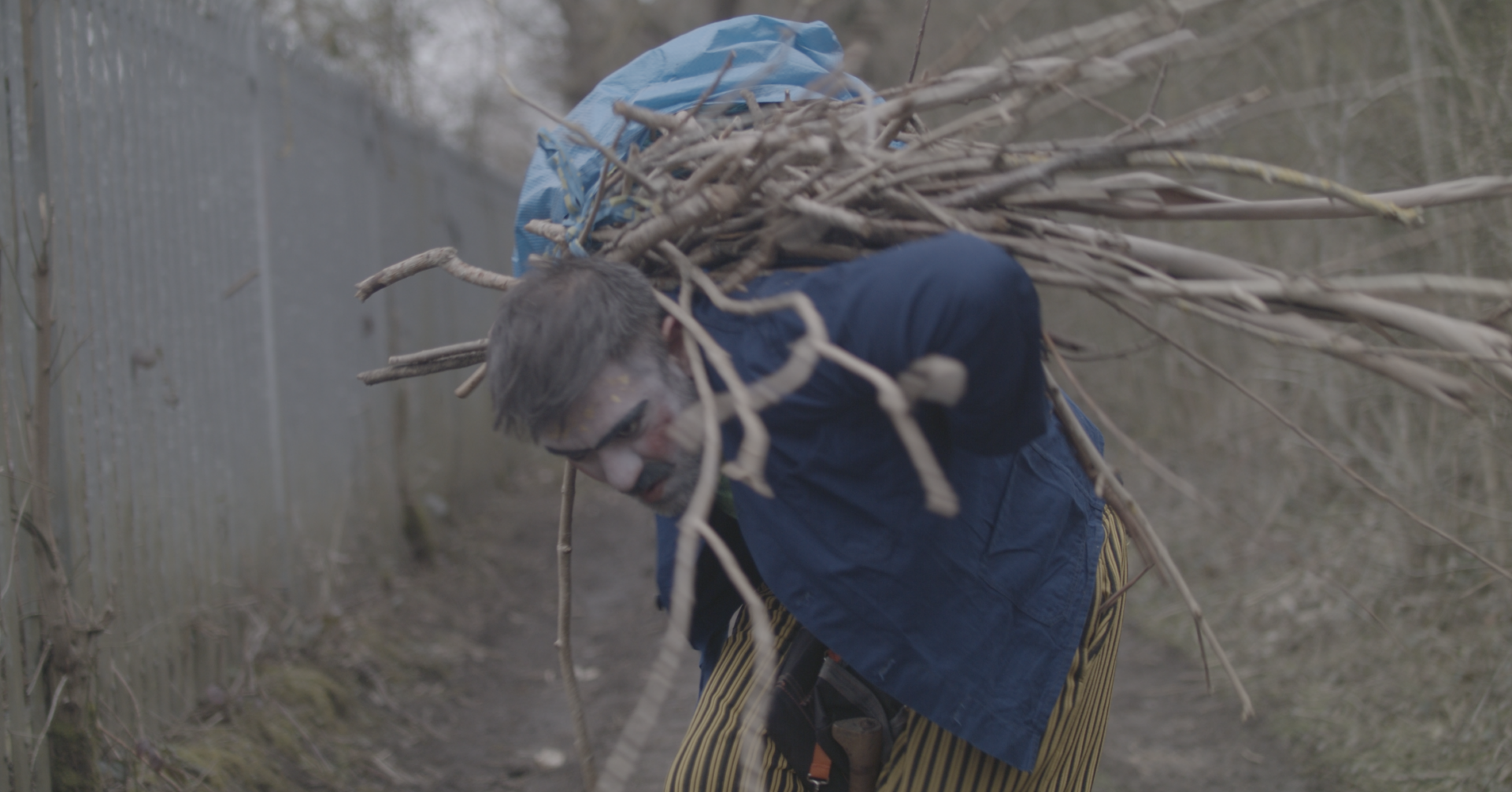 Ashkan Sepahvand
Ashkan Sepahvand 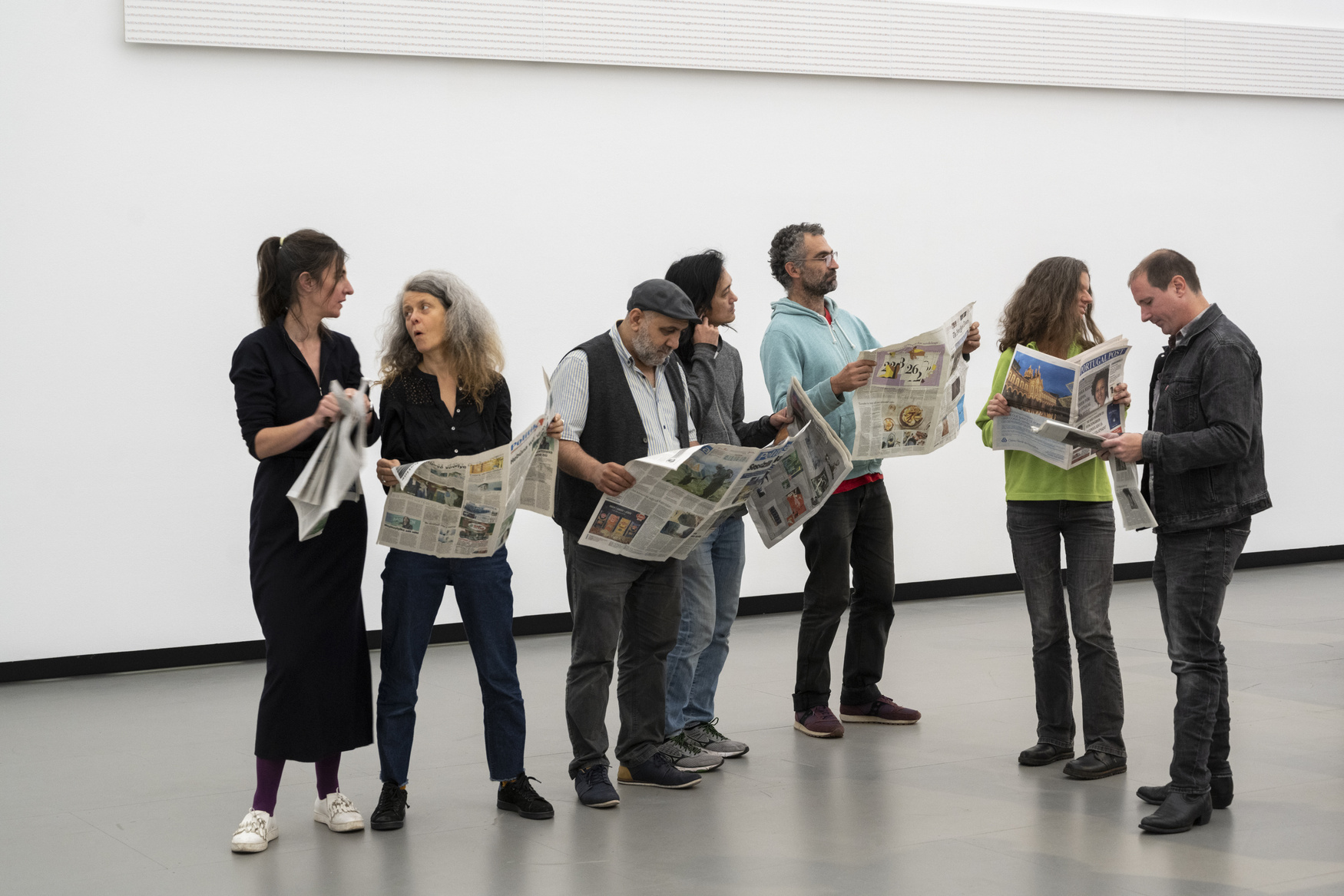 Nicholas Bussmann & Cottbusser Chor
Nicholas Bussmann & Cottbusser Chor 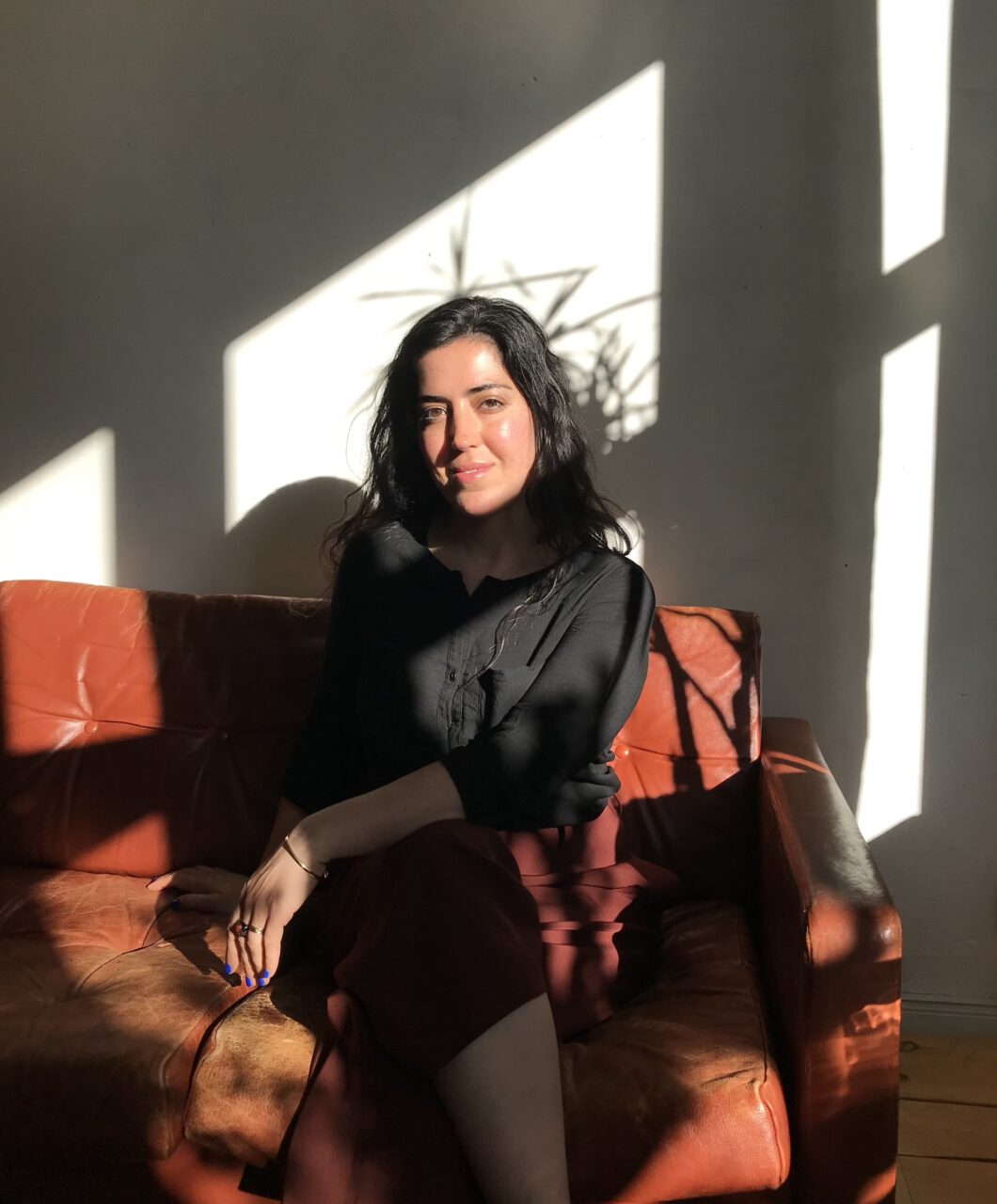 discourse / Katayoun Arian
discourse / Katayoun Arian 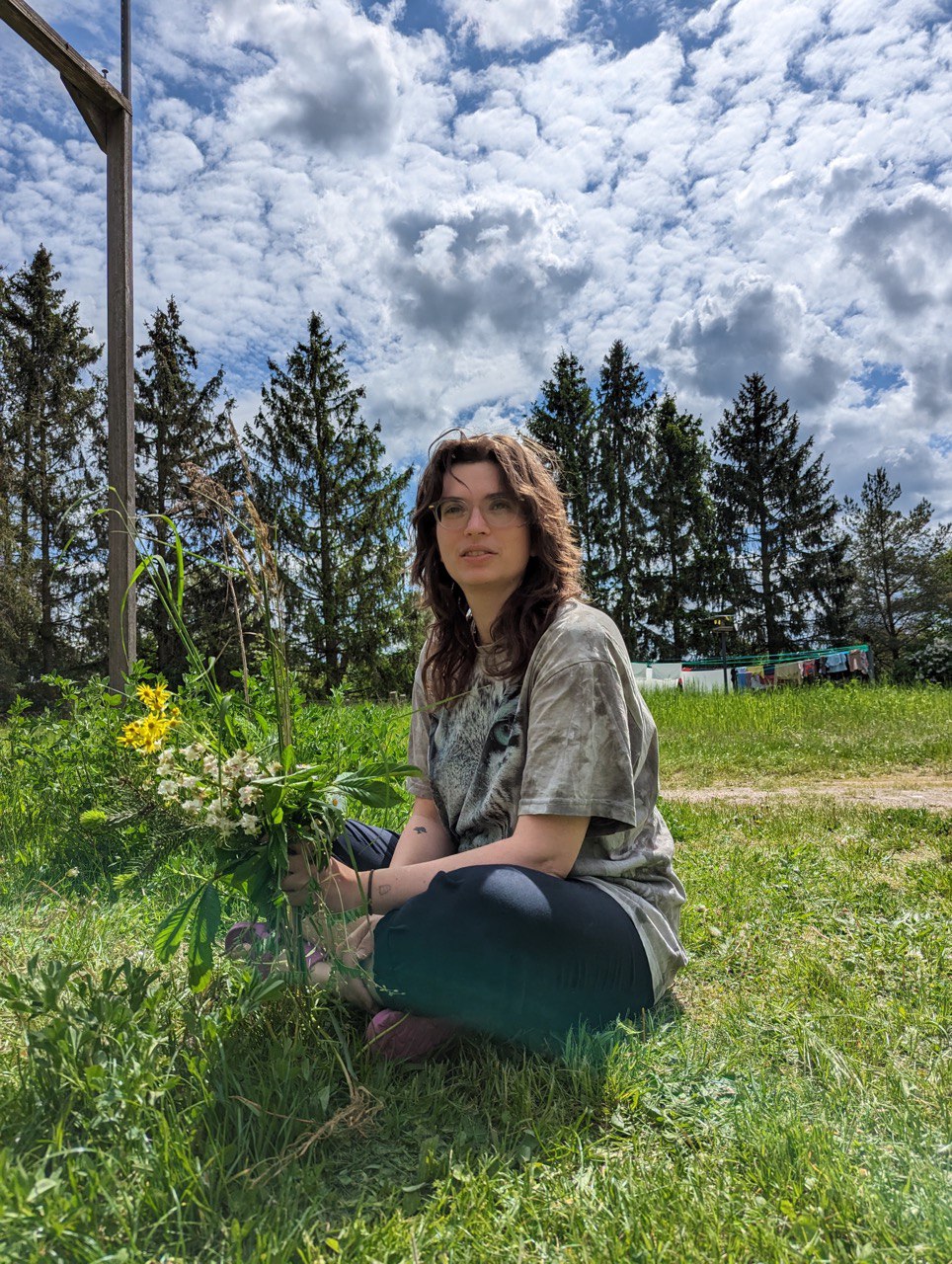 Hooops / Astarte Posch
Hooops / Astarte Posch 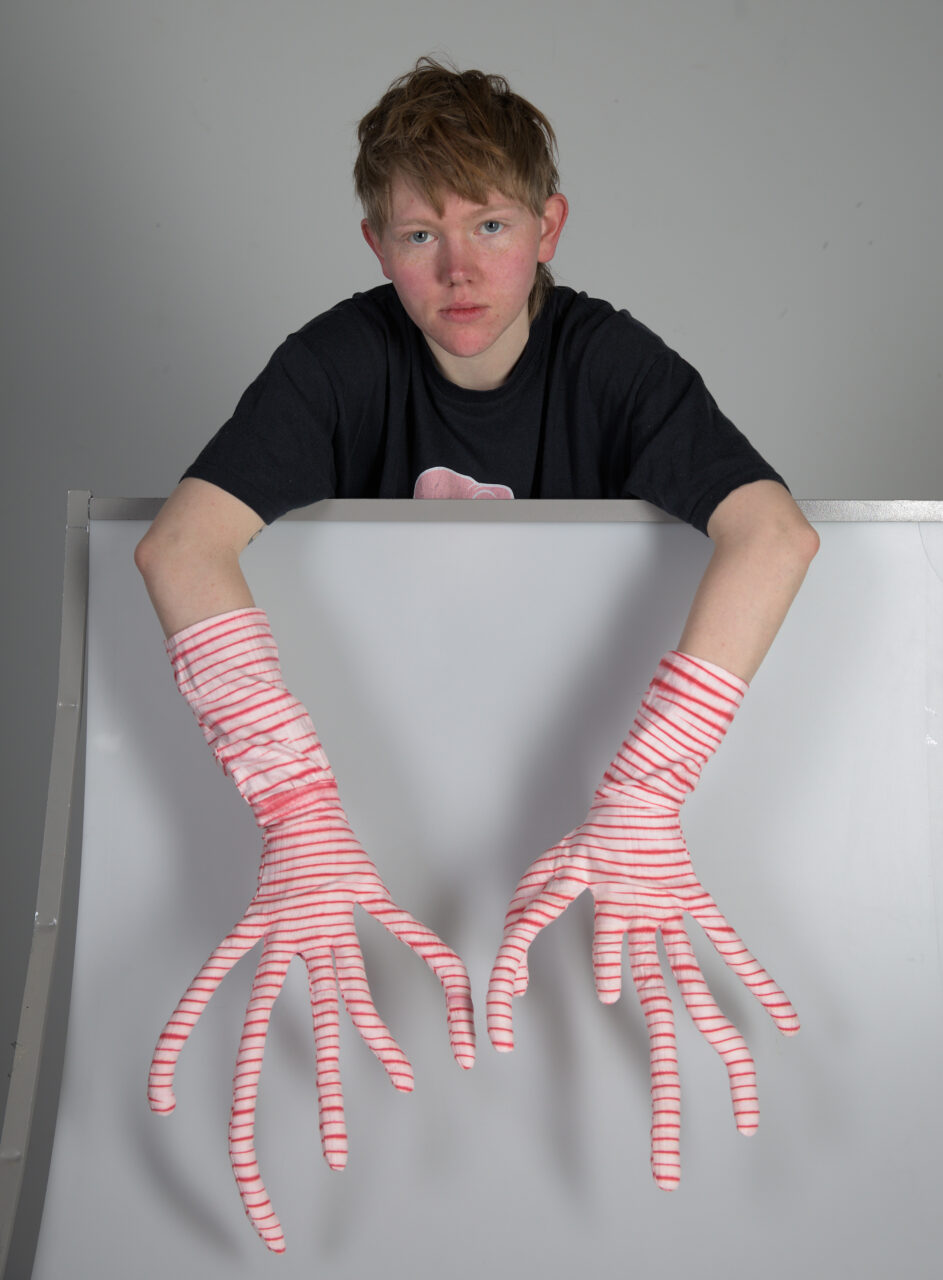 Sophie Hilbert
Sophie Hilbert 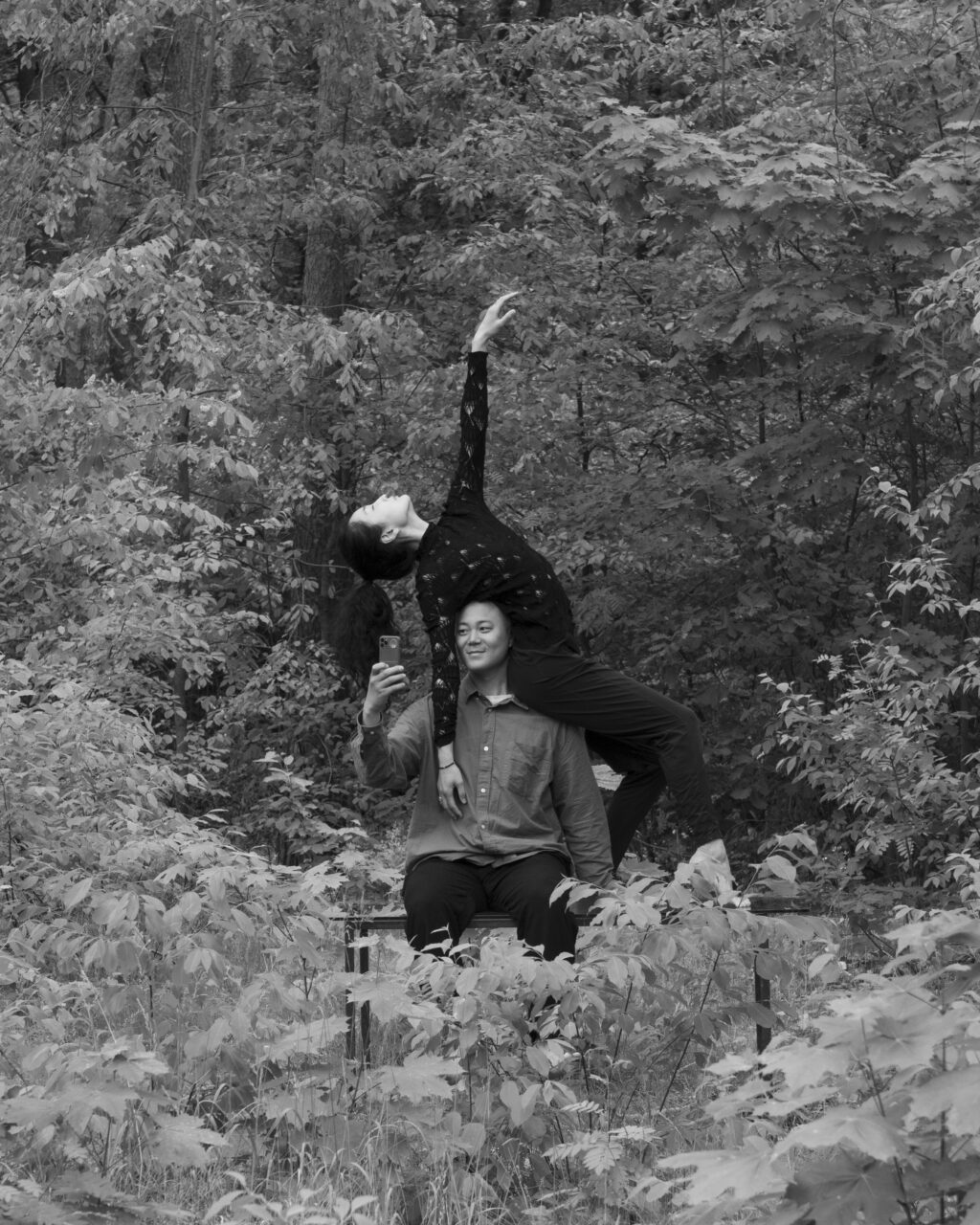 2_Personal_Things
2_Personal_Things 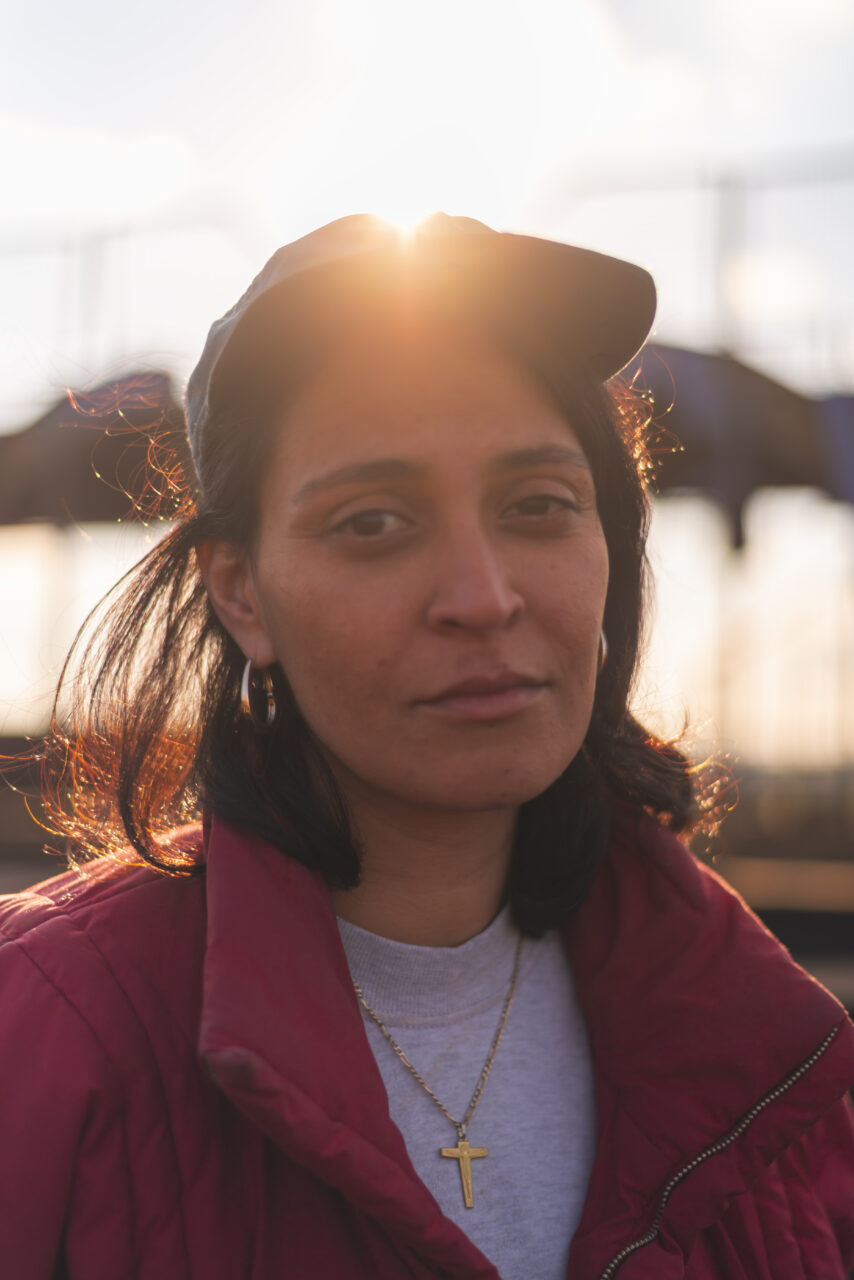 Letkidbe, photo: Martin Lovekosi
Letkidbe, photo: Martin Lovekosi 